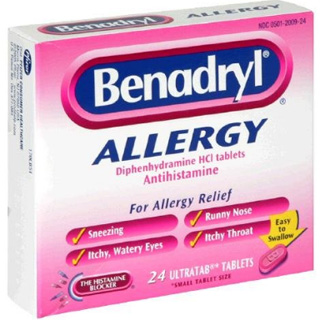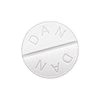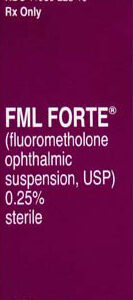Benadryl is a widely used antihistamine drug that contains the active ingredient diphenhydramine. It is available in various forms including tablets, capsules, liquid, and topical creams. Benadryl is primarily used to relieve symptoms of allergy and common cold such as runny nose, sneezing, itching, watery eyes, and hives. It works by blocking the effects of histamine, a substance produced by the body during an allergic reaction. This medication is known for its sedative properties and is frequently used as a sleep aid. It is important to note that Benadryl should not be used for long-term treatment without consulting a doctor.
Important Precautions
Benadryl is not suitable for everyone and there are certain precautions that should be taken into consideration before using this medication. It is essential to inform your doctor or pharmacist if you have any of the following conditions:
- A history of or susceptibility to allergic reactions to diphenhydramine or any other antihistamine medication.
- Glaucoma or increased pressure in the eyes.
- Asthma or any other chronic respiratory conditions.
- Enlarged prostate or difficulty urinating.
- Severe liver or kidney disease.
- Hyperthyroidism (overactive thyroid gland).
- Heart disease or high blood pressure.
- Pregnancy or breastfeeding.
It is important to note that Benadryl should not be given to children under the age of 2 without medical advice. Additionally, alcohol consumption should be avoided while taking this medication as it may increase the risk of drowsiness and other side effects.
Possible Side Effects
Like all medications, Benadryl may cause certain side effects. Although not everyone experiences them, it is important to be aware of the potential adverse effects. Common side effects include drowsiness, dizziness, dry mouth, blurred vision, and constipation. These effects are usually mild and temporary. However, if any of these persist or worsen, it is advisable to seek medical attention.
In rare cases, individuals may experience more severe side effects such as rapid or irregular heartbeat, difficulty urinating, hallucinations, seizures, or allergic reactions such as rash, itching, swelling, severe dizziness, or trouble breathing. If any of these symptoms occur, immediate medical assistance should be sought.
Proper Use
Benadryl should be taken according to the prescribed guidelines or as directed by your doctor. It is essential to read the package instructions and follow the recommended dosage. This medication is usually taken orally with or without food. It is important to swallow the tablets or capsules whole and not crush or chew them.
If you miss a dose, take it as soon as you remember. However, if it is close to the next scheduled dose, skip the missed dose and continue with your regular dosing schedule. Do not take a double dose to make up for the missed one.
In the case of an overdose, seek immediate medical attention. Symptoms of overdose may include extreme drowsiness, confusion, hallucinations, rapid heartbeat, flushed skin, dilated pupils, seizures, or loss of consciousness.
Mixing with Other Drugs
Benadryl may interact with certain medications, which can lead to increased side effects or reduced effectiveness. It is important to inform your doctor or pharmacist about all the medications you are currently taking, including prescription, over-the-counter drugs, and herbal supplements.
Some medications that may interact with Benadryl include:
- Other antihistamines (increased risk of side effects such as drowsiness).
- Sedatives, tranquilizers, or sleeping pills (increased risk of drowsiness and sedation).
- Monoamine oxidase inhibitors (MAOIs) – certain antidepressants (increased risk of side effects).
- Anticholinergic drugs (increased risk of side effects such as dry mouth and constipation).
- Medications that cause drowsiness, such as opioid pain relievers or alcohol (increased sedation).
Benadryl: Inquiry and Response
-
Can I take Benadryl while pregnant?
Benadryl should be used with caution during pregnancy. It is recommended to consult with your healthcare provider before taking this medication while pregnant. -
Is Benadryl safe for children?
Benadryl can be used in children over the age of 2, but it is important to follow the appropriate dosage instructions and consult a pediatrician if needed. -
Can I drive or operate machinery while taking Benadryl?
Benadryl may cause drowsiness and impair your alertness and coordination. It is advisable to avoid driving or operating machinery until you know how this medication affects you. -
Can I drink alcohol while taking Benadryl?
It is advisable to avoid alcohol consumption while taking Benadryl as it may increase drowsiness and other side effects. -
How quickly does Benadryl work?
The onset of action varies depending on the individual and the specific formulation of Benadryl. However, most people start experiencing the effects within 30 minutes to 1 hour after taking this medication.






Reviews
There are no reviews yet.